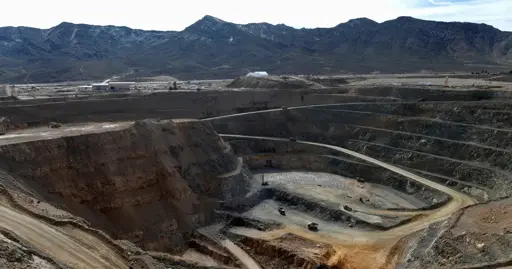Author: Unknown
Published on: 09/01/2025 | 00:00:00
AI Summary:
China controls about 70 percent of their production and 90 percent of processing. The 17 elements, which include scandium, promethium and yttrium, are used to make everything from smartphones, semiconductors, and EV batteries. China banned exports of gallium, germanium and antimony to the US last month. China is focused on keeping rare earth prices stable to support its domestic EV industry. China’s near-monopoly and unbeatable prices have historically made operating rare earth mines an unattractive proposition for many investors. The timeline is also long, taking 10-20 years from exploration to construction. China controls 99 percent of the processing of heavy rare earths. North America is not the only region trying to play catch-up. Europe has rare earth processing facilities in France, Estonia, Germany. Some of the hesitation – particularly in Europe – has been due to the environmental costs associated with rare earth mining and processing. Mining and processing produce large quantities of waste rock and can unleash residual concentrations of rare earths, radionuclides, heavy metals, and acids into the surrounding air, soil and groundwater. Analysts say some of these concerns could be overcome with new technology and automation to meet the higher environmental standards demanded by many governments. Everyone’s anticipating, not at cooling off, but actually further escalating, he said. So a tit-for-tat: retaliation, next step.
Original: 1554 words
Summary: 230 words
Percent reduction: 85.20%

